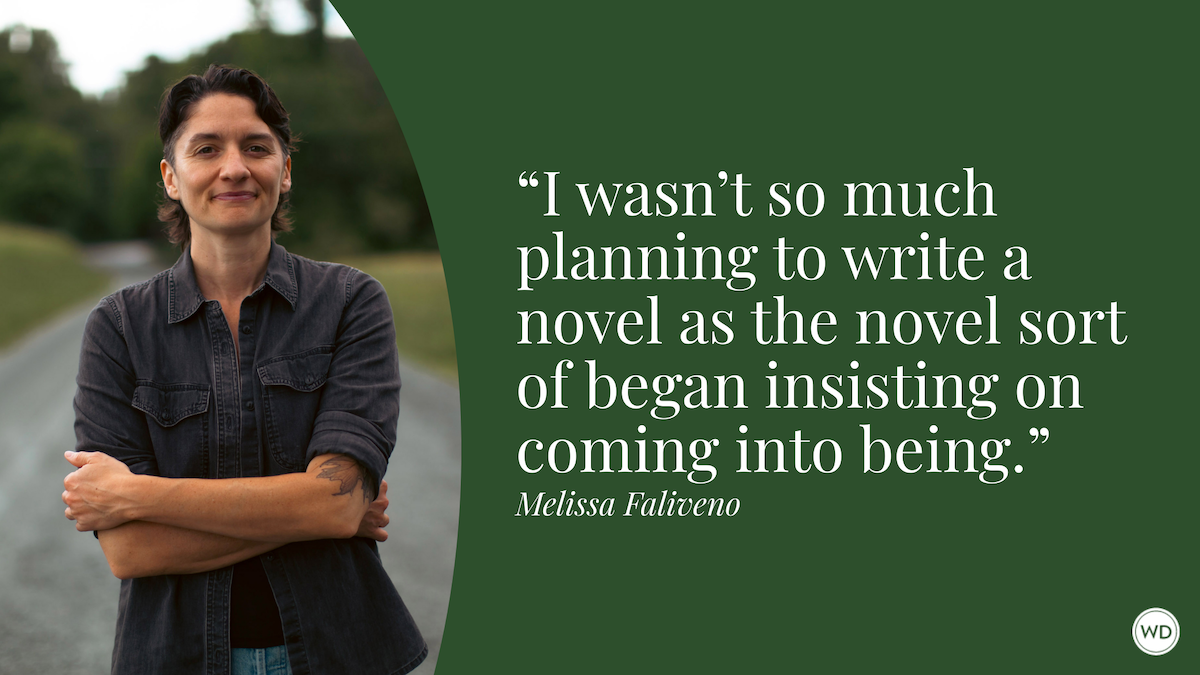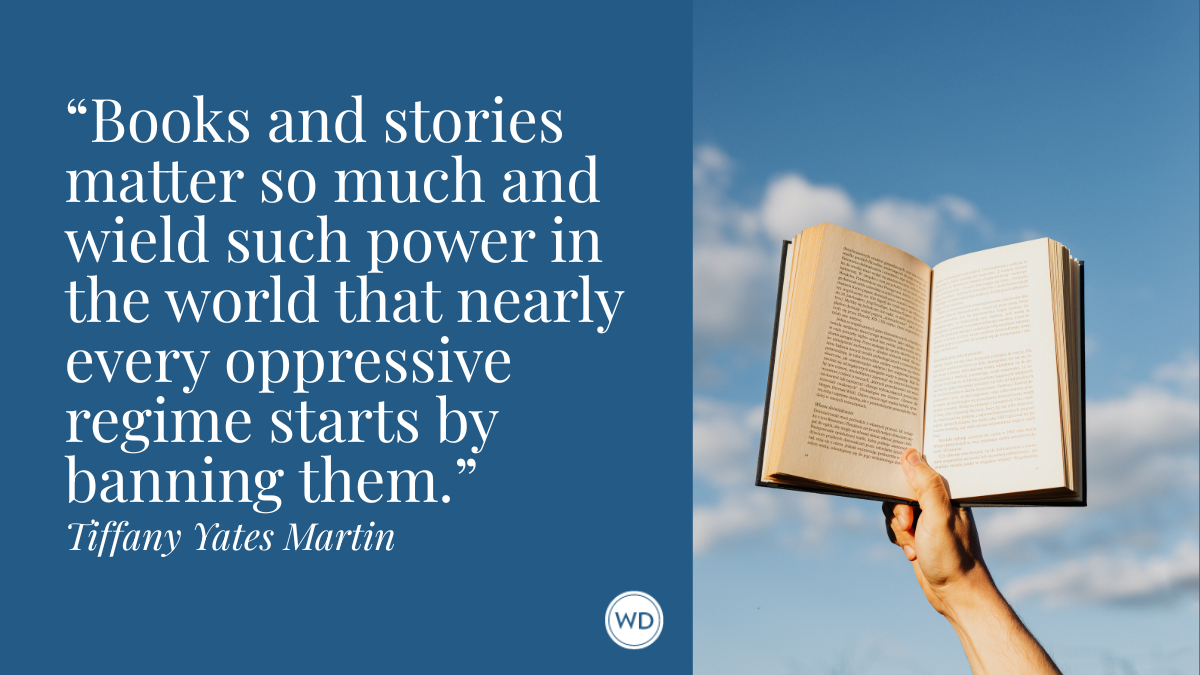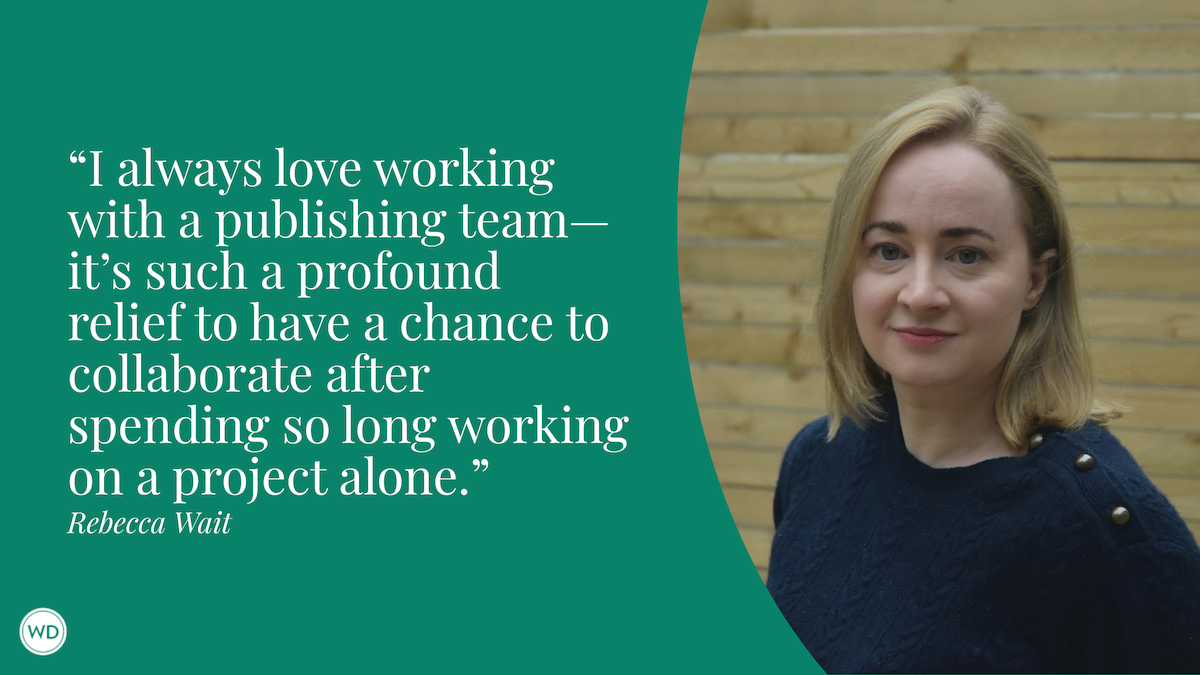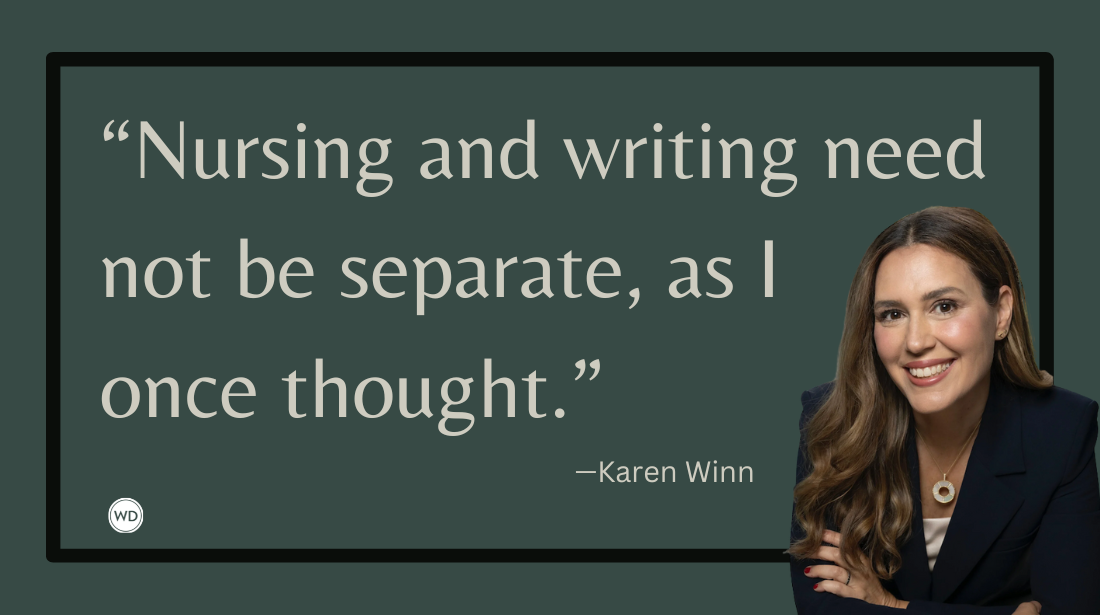Street Pens: Helping Homeless Writers Find a Path Toward Success
B. Tyler Combs discusses Street Pens, a Kickstarter project to help homeless writers find a path to success through the publication of their work.
Remember the first time you calculated the cost to devote yourself fully to the pursuit of your passions?
- Sleeping in the car during spring and fall: +$600/month.
- Replace rent with gym membership for showers: -$10/month.
- Taco Bell is an acceptable, weekly splurge: -$100/month.
- Internet and word processing at the library: $0/month.
- Gas to get to these: $100.
- Etc., etc. You get the picture.
When you’re young, life between jobs can be an adventure of racing the clock till the savings run out. If you were OK with the tally above, you may have taken the leap to try making a living as a writer. If so, you are now a rich and famous author, songwriter or artist if you beat the clock. If you didn’t beat it, you were then seldom seen or heard from until you “grew up.” You were, or maybe even still are, one of many who became a part of the invisible, silent and growing number of homeless writers.
Being without a home is to be in a hostile environment and too high a price to pay. Creativity has a tendency to take a back seat under such circumstances. Figuring out how not to starve or freeze takes precedence. There’s simply no time for clever prose. Forget about efforts to hone your craft to the level of commercial success—without the basics in life, our passions lose priority.
Why aren’t more struggling creatives using this angst and their hunger to infuse life into art, and that art for income? According to Maslow’s Hierarchy of Needs, a home or shelter from the elements lies within the physiological foundation of motivation. Homelessness isn’t a glamorous topic. It’s an emotionally debilitating one. And it’s a possible outcome that most of us continually work to pevent, motivated to trade our time and effort elsewhere at the expense of our creative pursuits. Many writers and their readers can empathize with this problem.
The archetypal heroes of myth lose everything before rising up from the bottom, against all odds, in order to overcome great adversity—often including the loss of their homes and loved ones. How is that different from contemporary homelessness? Perhaps it’s the visual effect that causes such stigma.
The impression that homelessness is a condition of those who haven't worked hard enough is false for many people struggling on the streets.On any given night in the U.S., more than 540,000 people experience homelessness, and 43.1 million people are living in poverty and at risk of homelessness. Many are just those who tried to drink from the well of their passion but drank too deeply. They suspected they had the spark of creative insight—that they could beat the odds and the clock.
Then there are those for whom homelessness occurred as a result of unfortunate chance. It’s a problem that sees no color, has no gender bias and can strike at any age. We all know someone who has been, is, or may soon be without a place to call home. For those living paycheck-to-paycheck, only a series of unforeseen events may stand between them and the pavement. Hardships like medical emergencies, natural disasters, stolen identities, or simply ill-fated decisions happen to even the wisest and most prepared. In an ever more unpredictable world, links in the chain which ensure that we have a habitable place to live may not be as strong as we think.
Clearing a Path to Success for Homeless Writers
Regardless of how people come to be without a home, when it happens they have few choices. Most do something about their situation. They’re action-takers, and homelessness is simply another hurdle to be dealt with. Others become paralyzed by it. They aren’t equipped to rise out of the aftermath of disaster—nothing has yet prepared them for such a reality. Transforming from one to the other is the person who wants to act and is willing to, but perhaps hasn’t yet found the right path. Worse yet, many hurdles stand between them and opportunities to enter the workforce—from a lack of address or phone number to a lack of interview clothes or access to showers. But, with a little help they’d pull through.
Which would you be if it happened to you? If you’re reading this, you might be thinking you'd use all the spare time to finish that novel and get off the streets with a nice advance on royalties or movie rights, or support yourself with freelance writing. After all, just because you’re without a home doesn’t mean you’re not clever enough to be creative. You can read and write, damn it, and you’re going to turn this into the opportunity you wanted to make happen all those years ago.
Of course, that's easier said than done. If you think it’s difficult to break into the industry now, try it homeless.
Hope is on the horizon, however. With the help of Writer’s Digest, a new project by the Writers’ Group on Facebook has just been launched to help those people who want to help themselves out of homelessness. It’s called Street Pens. Starting in Las Vegas, which has the fourth highest rate of homelessness in the U.S., the goal is to empower people living without homes to use writing as a tool for getting off the streets by hosting a monthly lunch to hand out writing material, encourage and guide their writing efforts, answer any of their questions on creative production, point them in the direction of business resources, collect their drafts, arrange editing, and, when they're ready, publish the best of the best in an annual anthology.
Thoughts and ideas are the currency of a creative world. How many of the ideas out there are ones which could lead to solutions for some of the problems we face today? How many could cause a chain reaction that could lead others to do the same? Can we afford to lose any ideas? Like unknown species that die undiscovered when a rainforest is destroyed, lost thoughts and ideas are not only a waste, but a tragedy. Far too many are lost simply because they are unheard due to homelessness.
Artist, writer, entrepreneur and philanthropist Writers’ Group founder Brad Combs has spent most of his life in the field of creativity one way or another. He holds a BA in Art Education from the University of Northern Colorado. After teaching 2D, 3D, digital & graphic arts to students in three different states across the Western US, he now dedicates 9 months of the year in Las Vegas showing incarcerated, at-risk youth how to use imagination to improve their lives. The rest of the year he spends as a creative resources consultant anywhere his clients’ needs take him. During rare moments of free time he applies his talents toward efforts at saving the planet. He writes under the name B. Tyler Combs.









